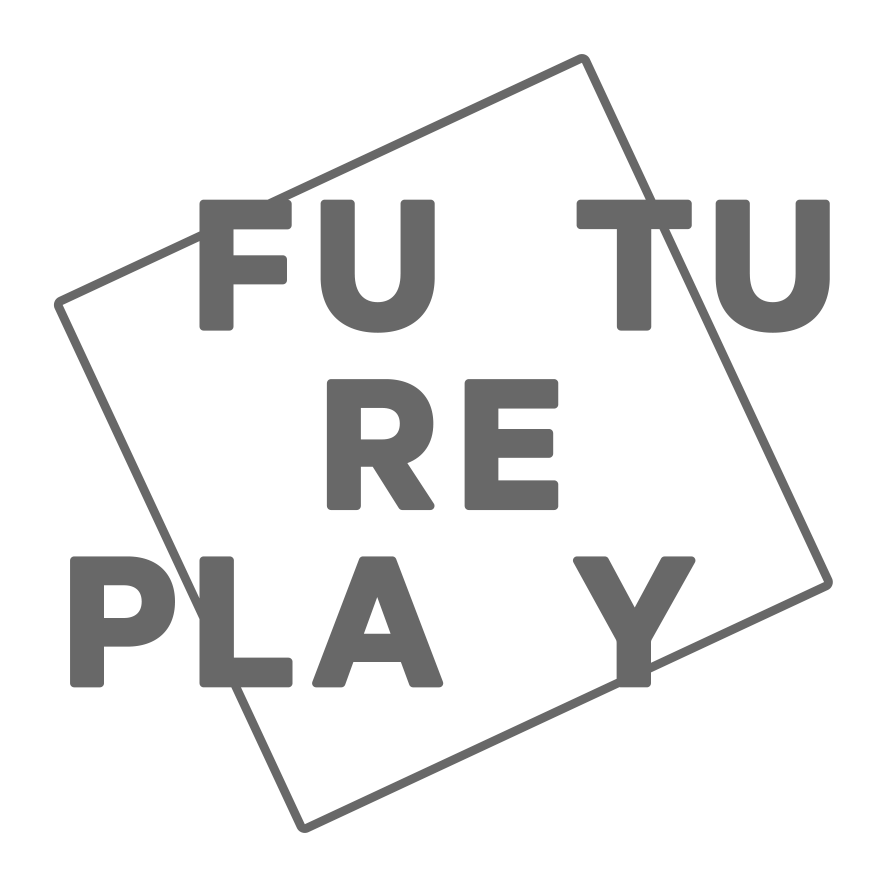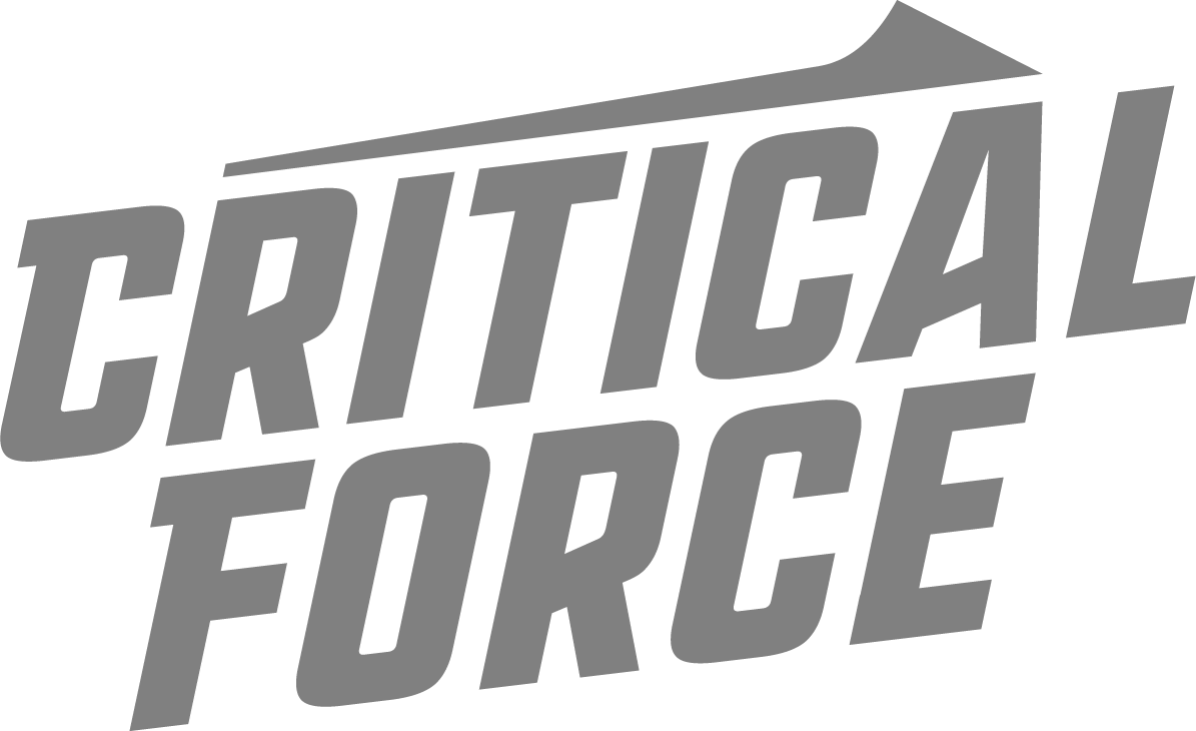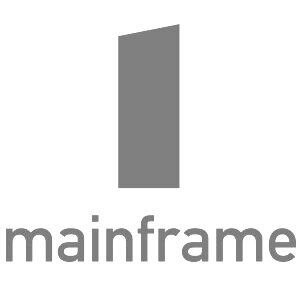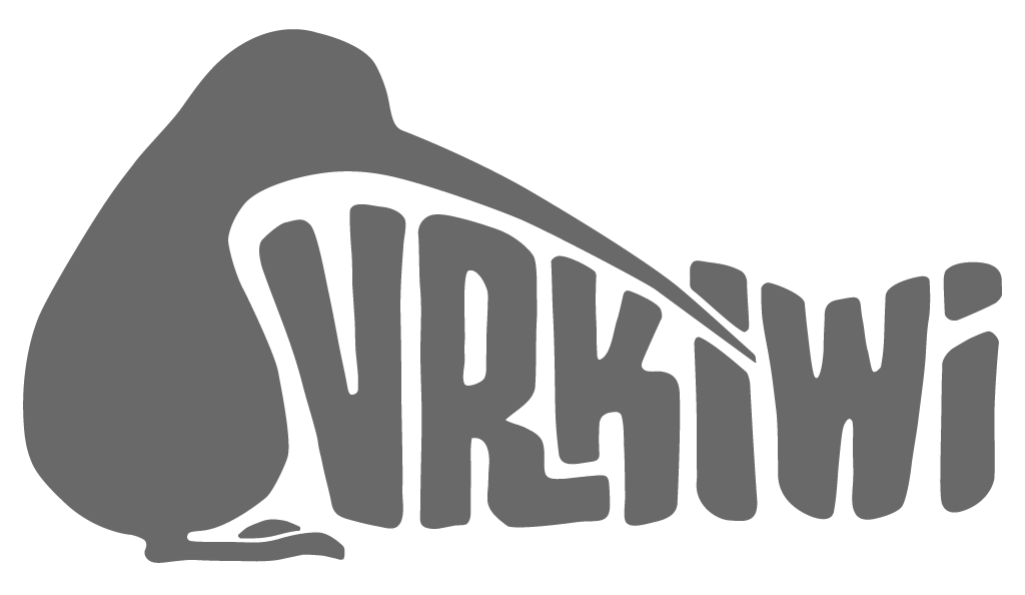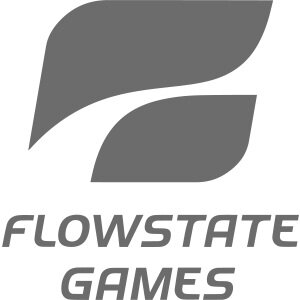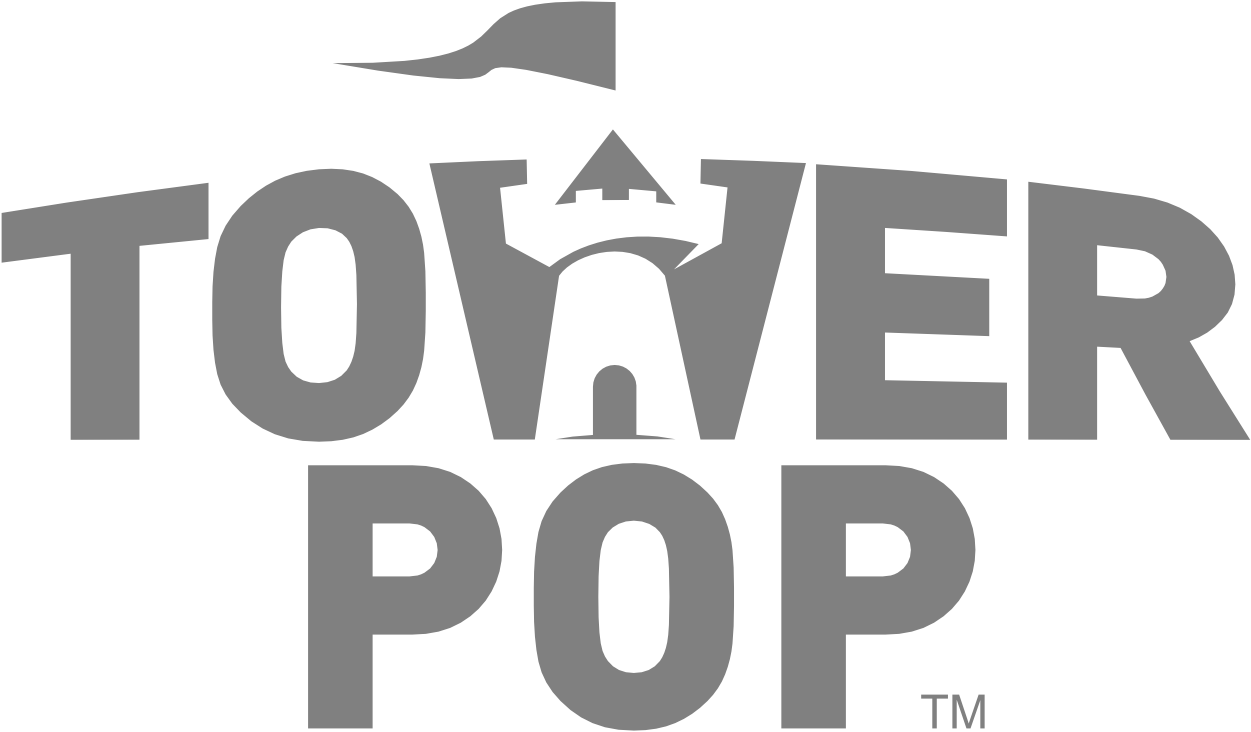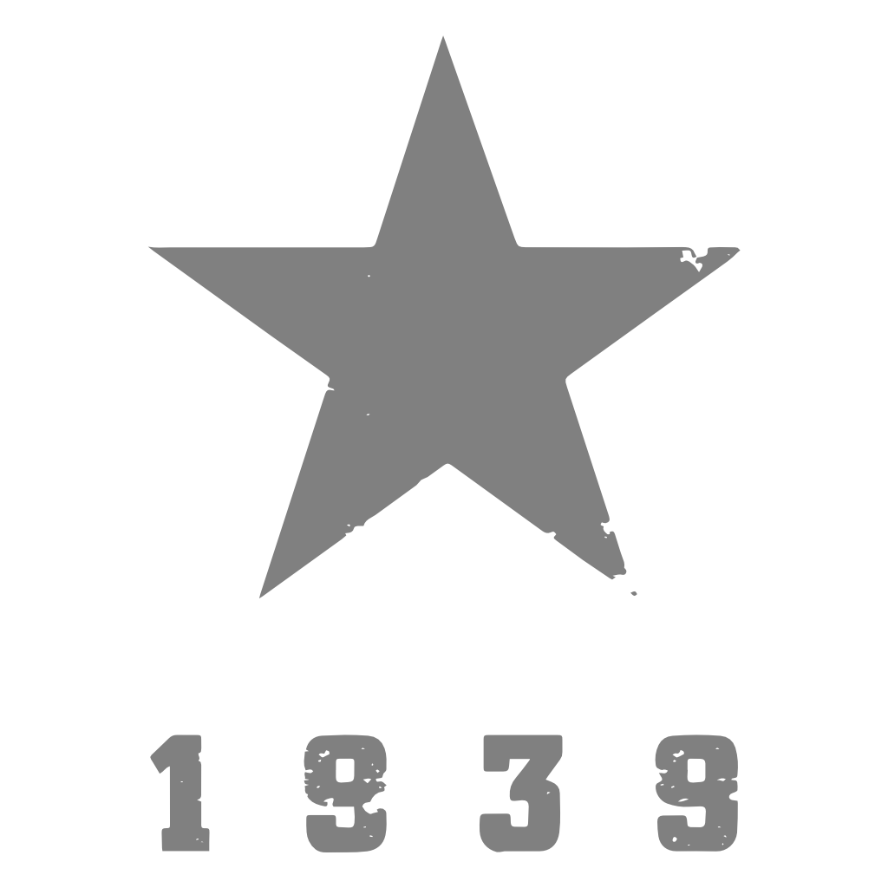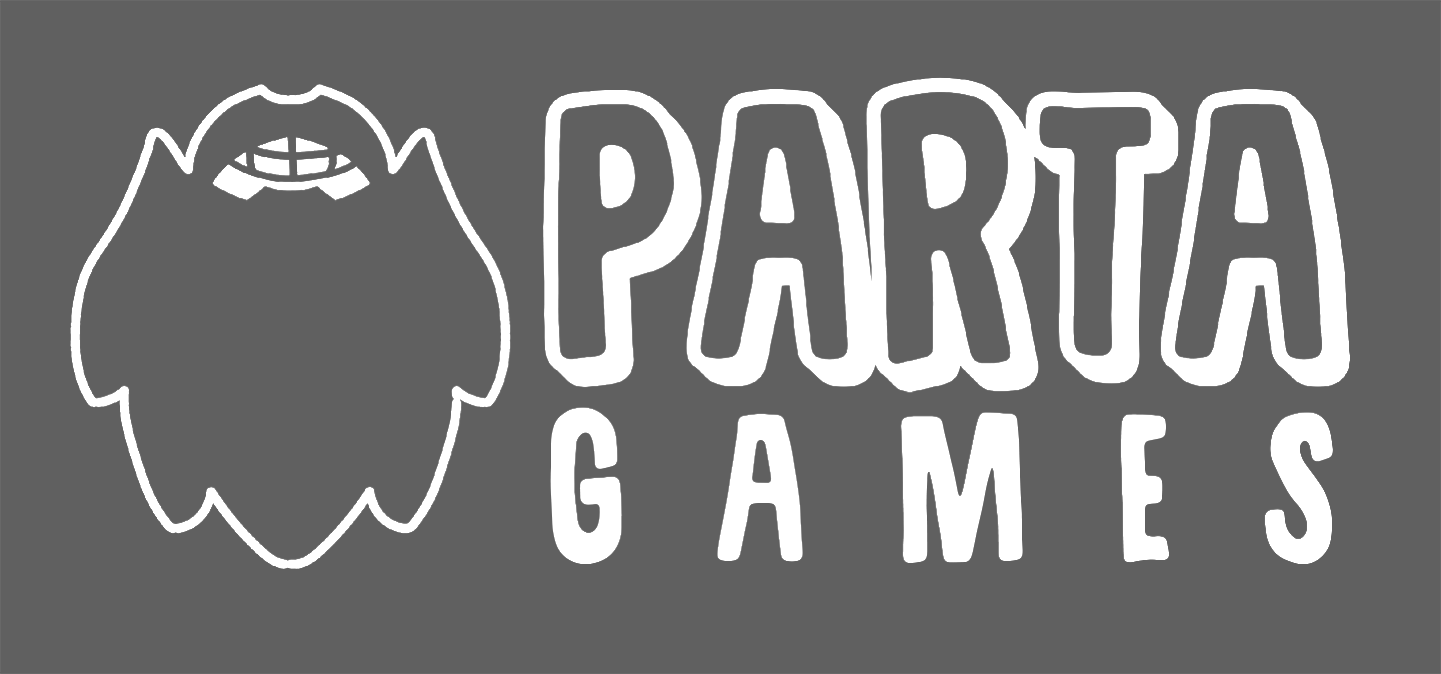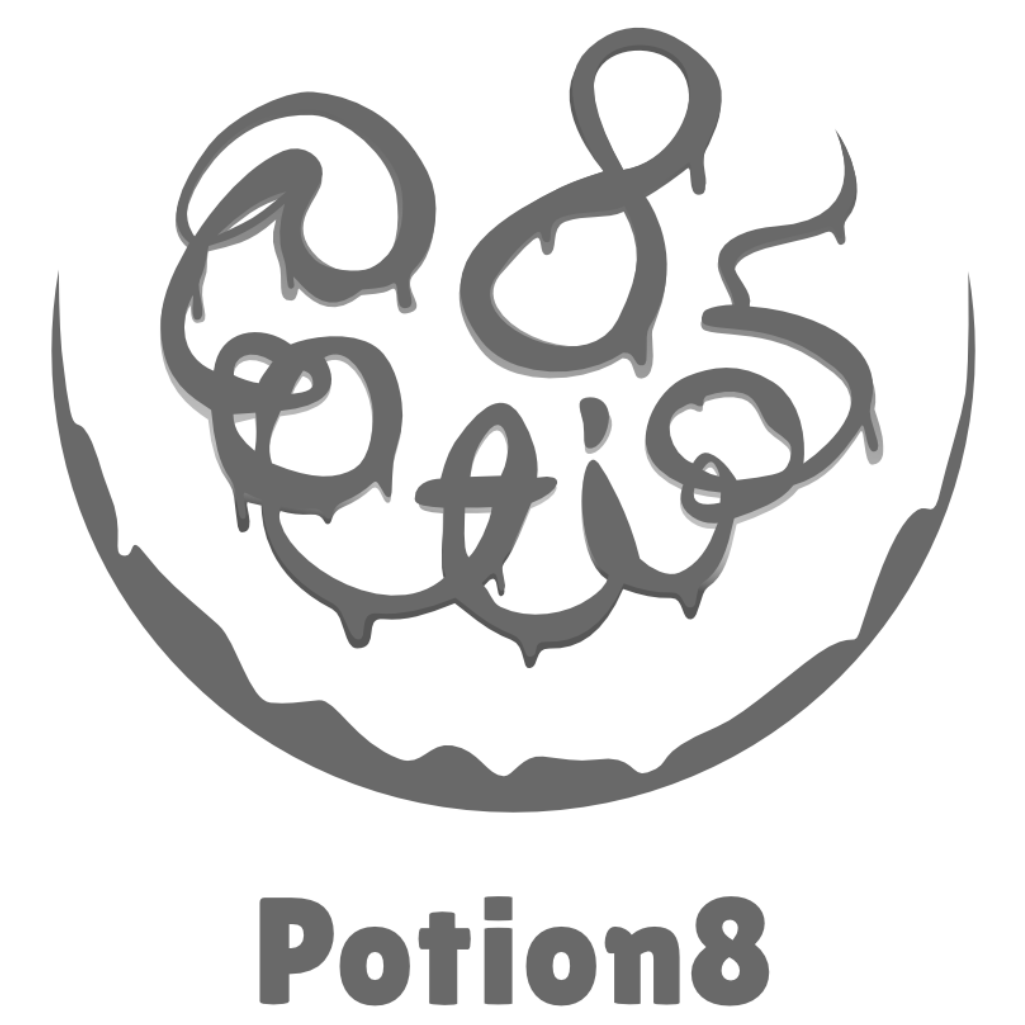Now that the summer is finally upon us and most of the country is enjoying it's well earned vacation, the IGDA coordinators and volunteers are working hard on the next season, trying to come up with new and exciting ways to make your time at he gatherings even more enjoyable. On that note, I would now like to take the time to introduce a brand new IGDA Finland studio affiliate; Walkthru! Without further ado, let's get down to business!

What is Walkthru?
Walkthru is an independent, Finnish localization company specializing in video game translations and language testing. All of our partners have studied Finnish and English at university level and have paid their dues in numerous translation and testing projects. We keep up with the latest developments in the field, as game translations require both excellent linguistic skills and a deep knowledge of games and the gaming industry. Our goal is to ensure that everyone can enjoy skilfully localized versions of their favourite games.

Localization
Localization should improve the experience of players from different linguistic areas and cultures, and it should not be an obstacle for the development teams. Instead, localization should be considered a method that helps the developers in reaching an even wider audience and communicating their message through linguistic barriers.
The smooth incorporation of accurate cultural references, such as sports teams, songs and notable landmarks, can significantly enhance the experience of the intended audience. Even marketing material is much more effective if it is well translated and cultural factors are taken into account. The localization process ensures that a game is linguistically and culturally appropriate for the target region; the design of the game remains unchanged, but all texts are adjusted to the target culture. Localization aims at equivalent texts, and in this regard it is usually neither practical nor beneficial to resort to literal translations. The best results are achieved when the ideas behind the words are communicated in the target language and the fluent translation allows the players to enjoy the game in that language as much as those who play it in the source language. As language is an important game element full of nuances and meanings, it should be treated with due respect. A careless translation can ruin the game experience as much as a good translation can improve it. Games are increasingly part of the mainstream culture, but in order to truly reach the masses they have to be available in the language of the local audience – just like books and movies. Our mother tongue is the vessel of our emotions and feelings, our heritage. That is why a truly Nordic game culture can only emerge through local languages.
Language testing

Language testing refers to a testing phase during which the localized game is reviewed by a native professional. You may wonder why a game needs to be tested if the translation is carried out by skilled professionals. The answer is that even in the best of circumstances, the localized version of a game must be checked for stylistic and technical problems. In video games, all text is situational and can have multiple functions. This means that when a text is separated from its context, it becomes open to different interpretations. One might expect that the translator could simply play the game while it is in the development stage and thus become familiar with its content. However, development teams often have to restrict access to their games for security reasons and, because of this, translators rarely have the opportunity to play – or even see material from – the games they translate. Unfortunately, this often means that translators have very little context to assist them in their task.
This is where language testing steps in. No matter how skilfully a game text is translated, language testing is absolutely necessary as it is only during testing that the text is seen in the precise audiovisual and interactive context of the game, and possible technical or stylistic problems can be detected and resolved. As the text is usually translated without any audiovisual and interactive context, adjustments by a language tester are the only way to ensure that the localized text precisely matches the in-game context. Through testing, the text of the game can be polished both technically and content-wise, and thus the player can have the same high-quality experience in his or her native language as the players of the original version. For the best result, both the translator and the tester have to be linguistic professionals specializing in games.

Walkthru, past and present
The founders of Walkthru all studied languages at the University of Helsinki, specializing in English translation or philology. This has provided us with extensive knowledge of translation theory and practice, as well as of the English language and the culture of English-speaking countries. Our integration into working life has been swift, and we have been active in game translation for nearly a decade. Each of us has our own area of expertise, including sports, girls’ games and sci-fi. The projects we have worked on span from The Sims 2 and Harry Potter to Battlefield and Need for Speed.
After toiling away for years under our own separate companies, we decided to join forces, and Walkthru was founded in 2006. Our main goal has been to improve the quality of game translations by using more unified practices and standards. Game texts are often scattered among individual freelancers who work in isolation, are unaware of each other and have no means of ensuring that the translations are consistent and of uniform quality. The end result is a game with uneven style and incoherent terminology. This is the problem Walkthru set out to tackle.
We always ensure that each project is carried out by the same translation team, from start to finish. We also put a strong emphasis on proofreading and the constant monitoring and improvement of quality. Every translation is proofread by the second translator appointed to the project in question, and the translator always receives feedback from the proofreader. Consistent translation teams and regular feedback have been our standard procedures from the beginning. We founded Walkthru because we felt there were many things that we wanted to improve. The industry lacked standards and the accumulated know-how was often lost when people moved to game design or elsewhere in production. We are professional translators and consider this a long-term development. We want to become better at our job, and through these procedures we can improve our skills and assure that the same mistakes are not repeated over and over again.

Walkthru has grown rapidly and we have worked on numerous localization projects which have received excellent reviews, the Finnish version of Spore being one of them. Our associates include many publishers and localization companies, Electronic Arts among others. In the future, we aim to keep fighting for the quality of game localization, and hope that this trend will spread throughout the Nordic region. We have worked with localization professionals throughout the Nordic area in numerous translation and testing projects, and we have excellent contacts with the best translators and testers across Scandinavia.
We at Walkthru look forward to cooperating with the IGDA, and value the opportunities for networking that it provides. We wish to strengthen our relations with game developers everywhere and work towards mutually beneficial results. We are proud to support a community that is committed to making better games.


 IGDA Finland is collaborating with exiting events and networks in Finland! One of them is a collaboration IGDA Finland does with City of Helsinki Youth Department and Bugbear Entertainment.
IGDA Finland is collaborating with exiting events and networks in Finland! One of them is a collaboration IGDA Finland does with City of Helsinki Youth Department and Bugbear Entertainment.

















